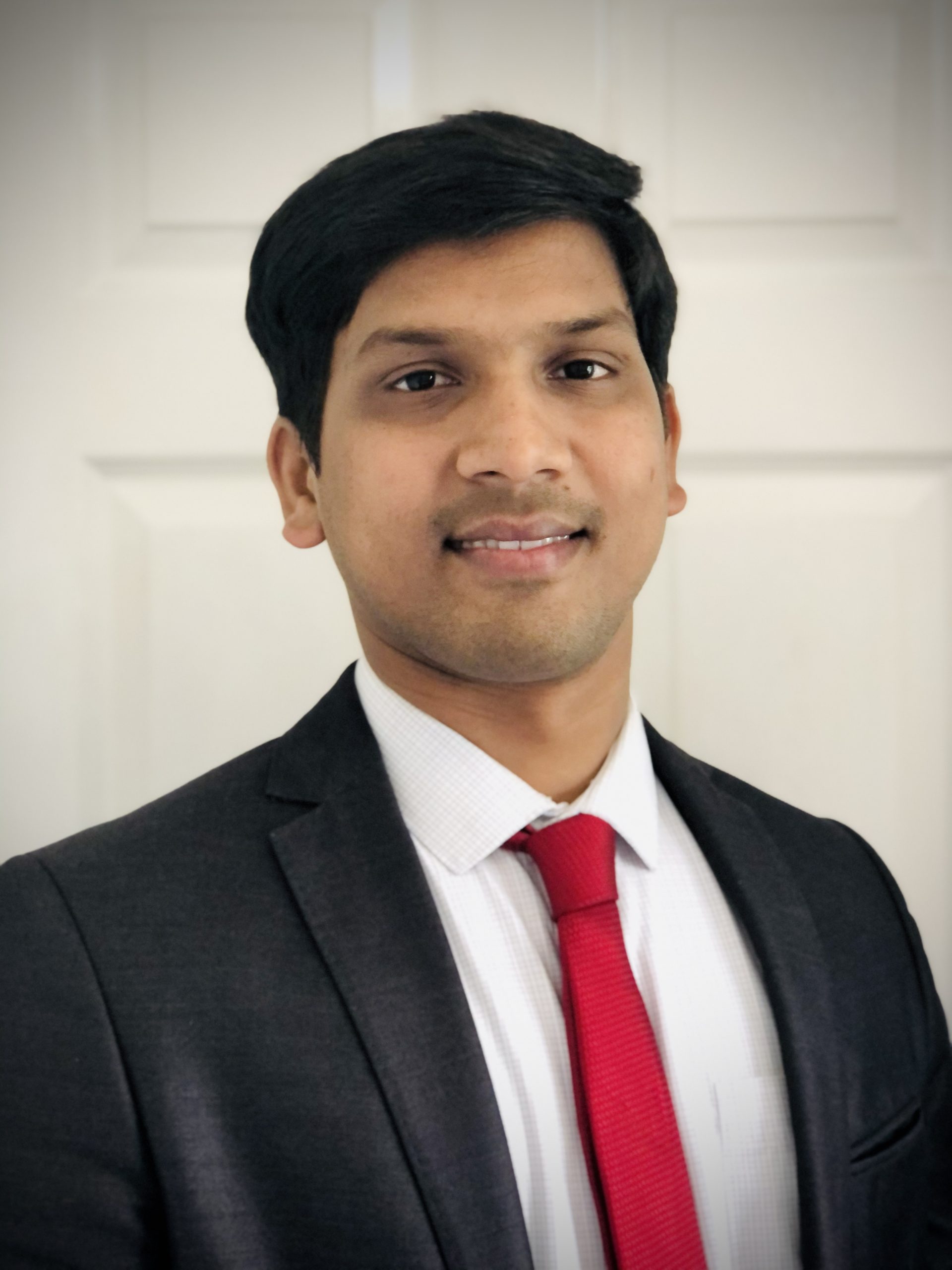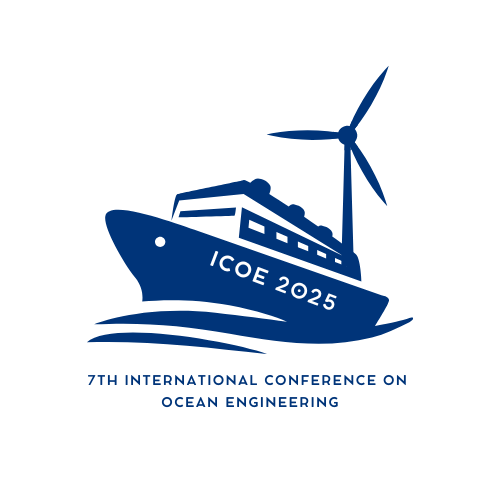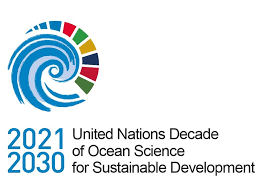The 7th International Conference on
Ocean Engineering (ICOE 2025)
With a theme of Blue Economy and Sustainability
Venue: ICSR, IIT Madras, Chennai, India
Dates: September 14-18, 2025
Pre-Conference Workshop
Option1(Anyone): 9 AM to 12 PM
- How to work with observations from experiments: Tools from Python and Matlab
Option 2(Anyone): 2 PM to 5 PM
- Application of AI and ML in Naval Architecture and Ocean Engineering
- Foundations in Focus: Ground Modelling for Offshore Projects
Workshop Fees and Registration Details
The workshop fee is ₹1000 for Indian participants and $50 USD for international participants per workshop. Each participant may attend one morning workshop and one afternoon workshop of their choice. The workshop fee should be paid along with the conference registration fee. Please note that the workshops are exclusively available to conference participants.

Title : How to work with observations from experiments : Tools from Python and Matlab
Coordinator: Dr. Tarun K. Chandrayadula
Engineers often work with observations from simulation or real experiments. The data is usually imperfect because of noise, and other experimental limitations. The objective in working with the data is usually to test a hypothesis, a model, estimate parameters or fit trends. This workshop discusses the basics of statistics for the practicing engineer or the research scholar. The basics are then used to build tools for analysing the data. Workshop includes computer exercises using Matlab/Python. Participants must register, and bring their own laptops. Familiarity with statistics, and linear algebra at the undergraduate level is required.

Title: Application of AI and ML in Naval Architecture and Ocean Engineering
Coordinator: Dr. Suresh Rajendran
Artificial Intelligence (AI) and Machine Learning (ML) play a key role in numerous activities of human life, including their transformative impact on Naval Architecture and Ocean Engineering (NA&OE). This workshop will delve into the key topics in the field of NA&OE, such as wake flow prediction using Physics Informed Neural Networks, Reinforcement Learning for autonomous vehicle control, and computer vision for object detection and classification. The participants will gain a comprehensive overview of these cutting-edge applications, tailored specifically to NA&OE, and have the opportunity to engage in hands-on activities to familiarize themselves with these advanced tools.

Title: Foundations in Focus: Ground Modelling for Offshore Projects
Coordinator: Dr. Thejesh Kumar Garala
Ground modelling is a critical aspect of offshore engineering, serving as the cornerstone for the design and development of reliable and resilient offshore infrastructure. From offshore wind farms and oil & gas platforms to subsea pipelines and foundations, the success of these projects depends heavily on accurately understanding and modelling the seabed and subsurface conditions. Offshore environments are complex and highly variable, with seabed conditions influenced by geological, hydrodynamic, and environmental factors. Ground modelling provides a systematic approach to characterising these conditions, enabling engineers to mitigate geohazards, optimise foundation designs, and ensure the long-term stability of offshore structures. Whether dealing with carbonate soils, soft clays, or dense sands, robust ground models underpin informed decision-making in offshore engineering projects. This pre-conference workshop aims to bridge the gap between advanced geotechnical knowledge and practical engineering applications focusing on:
- -- Site Investigation and Data Integration: Strategies for collecting and synthesising geotechnical, geophysical, and geological data.
- -- Geohazards and Risk Mitigation: Addressing challenges such as scour, slope instability, and earthquake-induced liquefaction.


